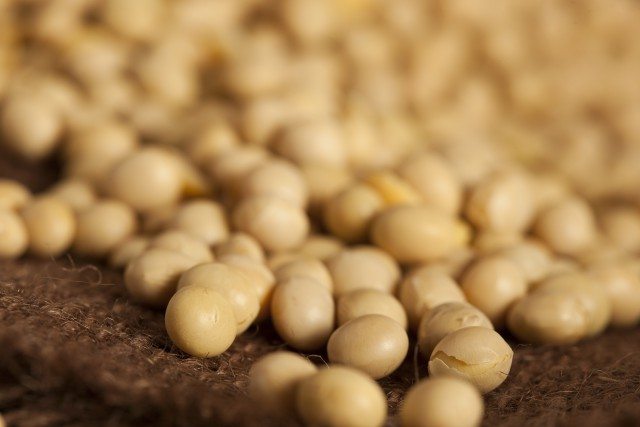A comprehensive review of the available scientific evidence has revealed no indication that isoflavones at levels typically found in food supplements cause harm to post-menopausal women.
Isoflavones are naturally occurring substances which are found, among other sources, in soy, red clover and kudzu root.
Their extracts are often used as ingredients in nutritional supplements.
“The evidence reviewed does not suggest there are harmful effects on the three organs considered for this assessment – mammary gland, uterus and thyroid gland,” says Dr Alicja Mortensen, chair of the European Food Safety Authority (EFSA) expert Panel on Food Additives (ANS), which carried out the assessment.
“We considered studies testing doses of isoflavones that are typically found in food supplements targeted at menopausal women in the European Union.”
“These conclusions were drawn on the basis of data collected on post-menopausal women and are supported by the results from animal studies,” she adds.
“These are limited to the doses and duration of intakes investigated in these studies that range from three months to just under a year for those products available on the market in Europe.”
EFSA’s experts also attempted to assess the possible risks for women during the transition period to menopause and for menopausal women with a history or family history of cancer.
They found, however, that there is no data to assess the safety of these substances for these groups of women.
In line with EFSA’s new ‘Promoting Methods for Evidence Use’ approach, the ANS Panel captured the strategy for performing this risk assessment in a protocol that documents all the steps taken in reaching its final conclusions. T
This was the first EFSA opinion to pilot this new way of working, which enhances the robustness and transparency of the scientific process.
“Defining a protocol before the start of the assessment helped us a lot to clarify the scope of our review and the information needs upfront,” says Prof Ursula Gundert-Remy, an ANS Panel Member and chair of the Panel’s working group on isoflavones.
“The focus was exclusively on the possible health effects on the uterus, thyroid gland and mammary gland specifically in peri- and post-menopausal women.”
“For example, this made it clear that we would exclude all studies on men or data related to the use of soy formula in infants,” she says.
“It was also clear that information about the possible benefits of isoflavone-based food supplements was outside the scope of this assessment.”










